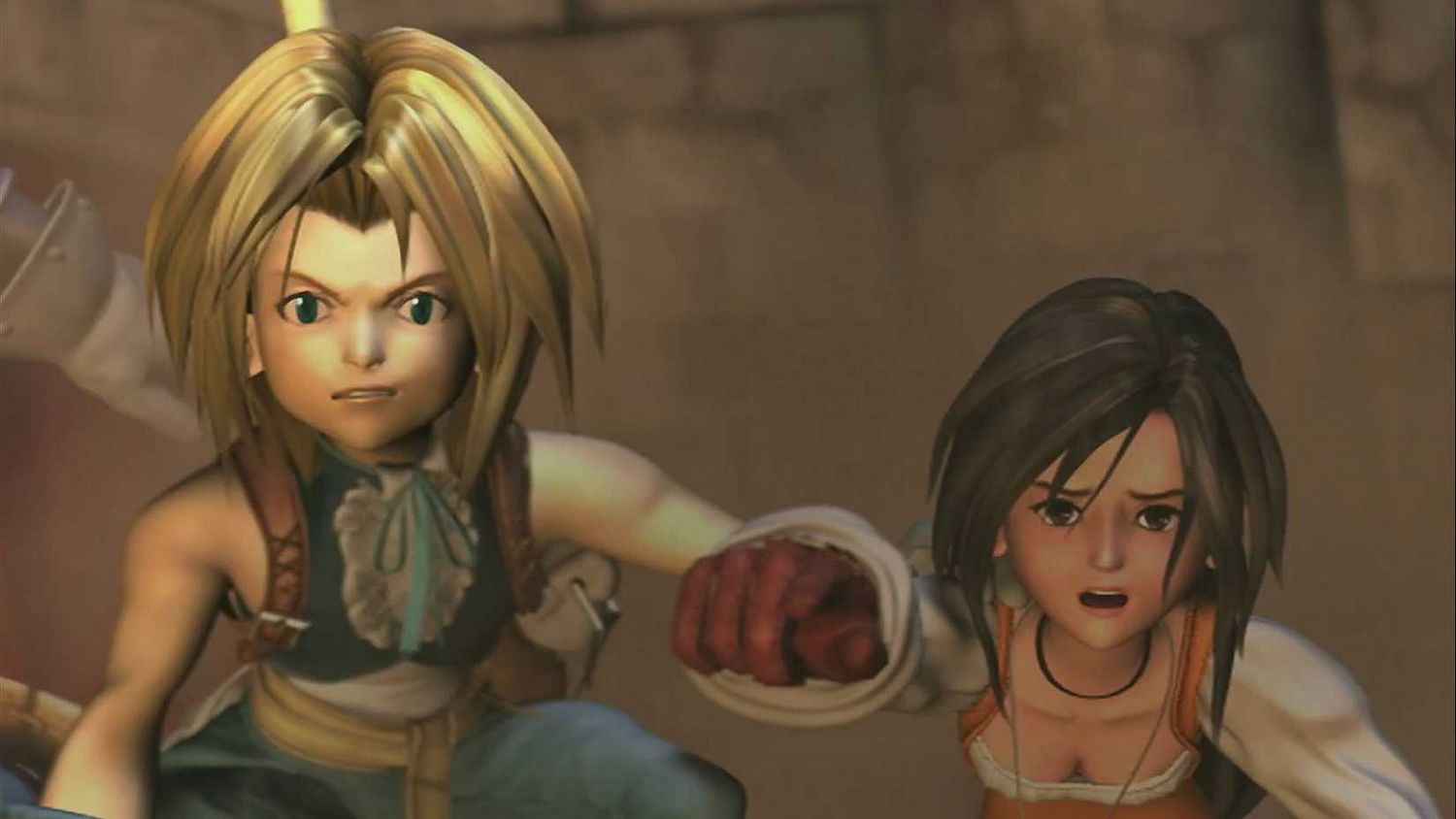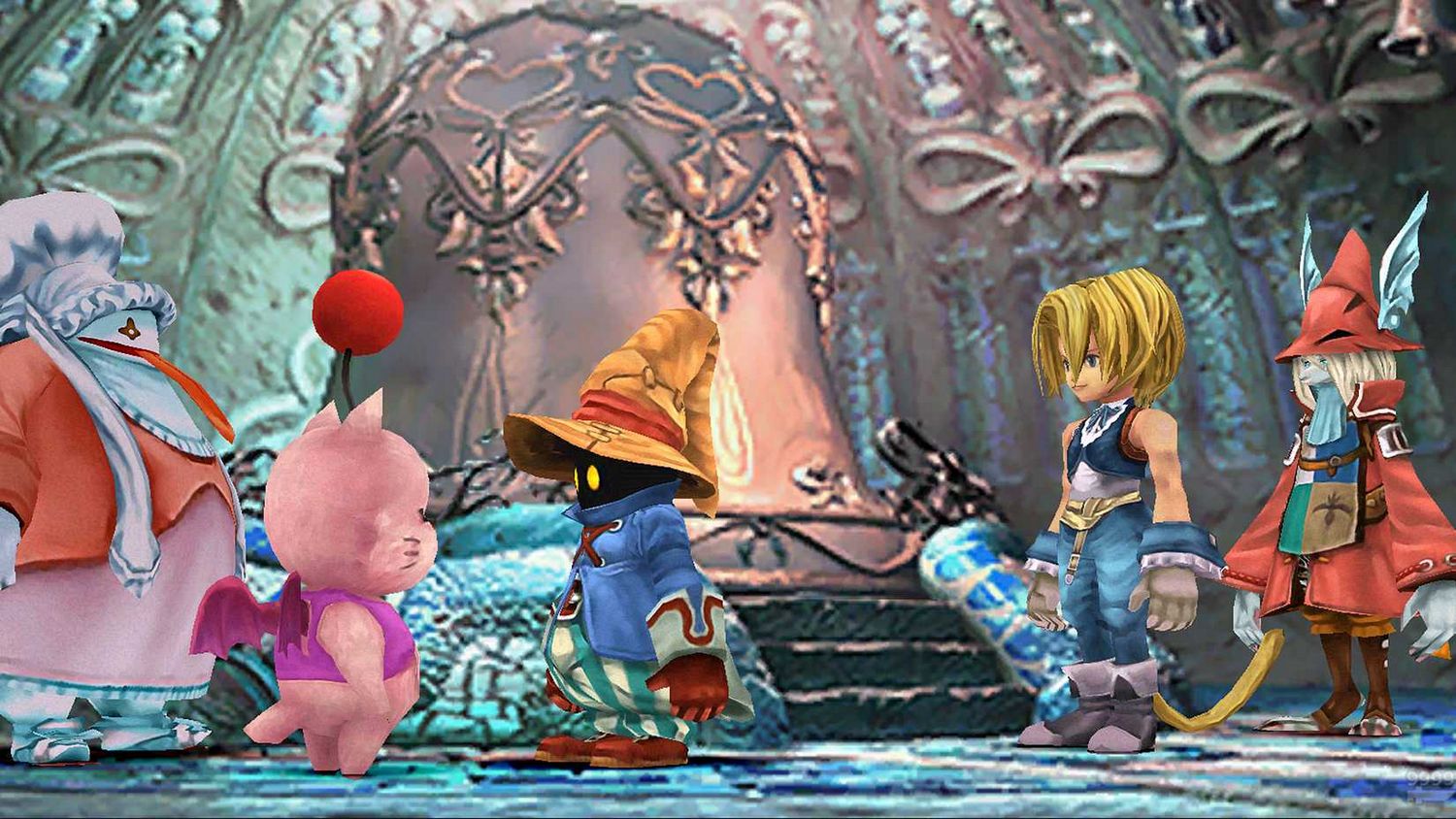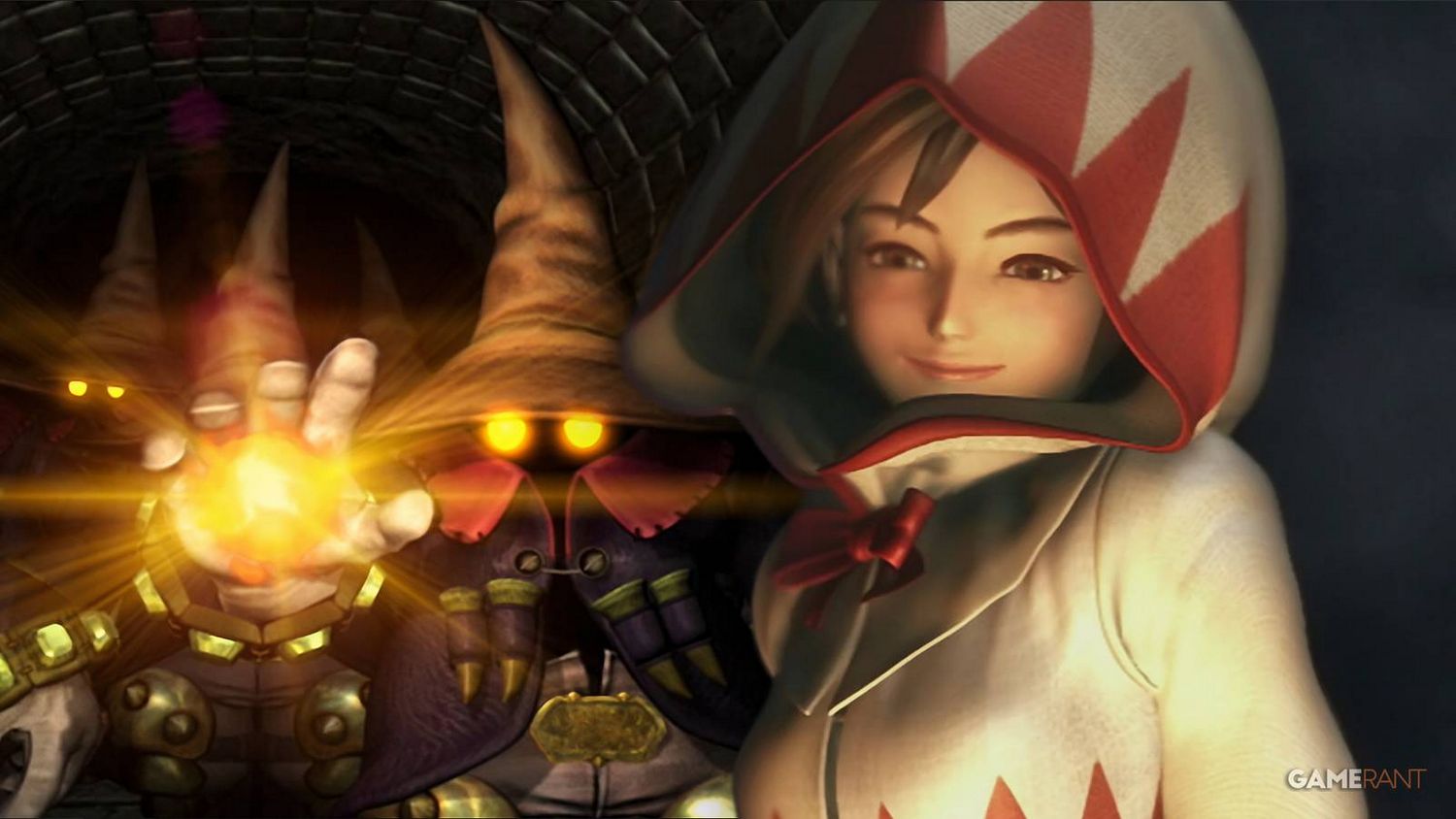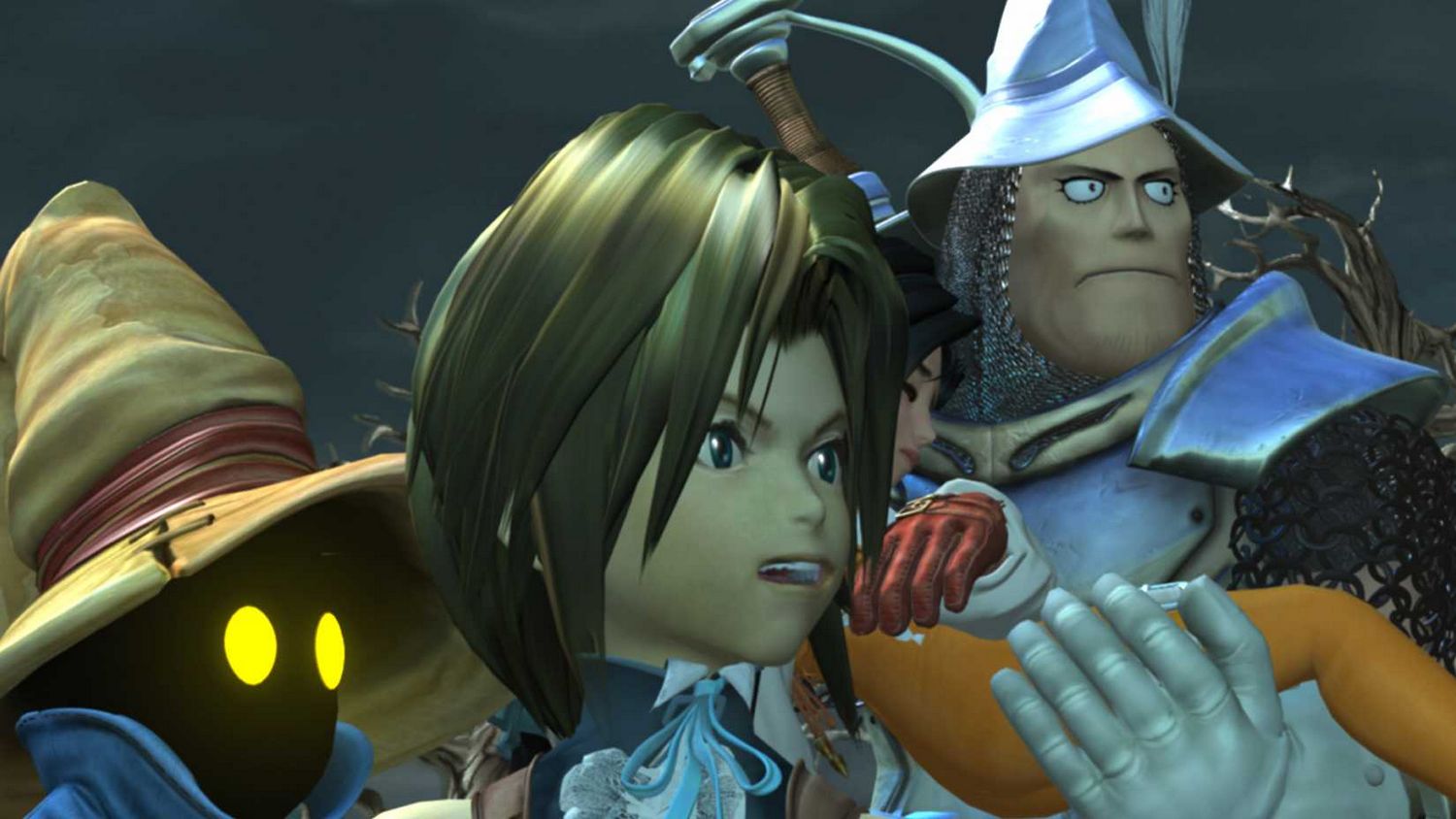Reimagining a Classic: The One Feature the Final Fantasy 9 Remake Needs to Gamble On
Popular Now
 FIFA 23
FIFA 23
 Among Us
Among Us
 Toca Boca World
Toca Boca World
 Schedule I
Schedule I
 Grand Theft Auto V
Grand Theft Auto V
 Fortnite
Fortnite
 EA SPORT FC 25
EA SPORT FC 25
 BeamNG.drive
BeamNG.drive
 Valorant
Valorant
 Minecraft
Minecraft  The gaming world is buzzing with anticipation over the rumored Final Fantasy IX remake. Following the ambitious and transformative path of the Final Fantasy VII Remake saga, fans are eagerly speculating on what changes and additions Square Enix might bring to one of the most beloved entries in the series. The original Final Fantasy IX was a masterclass in classic JRPG storytelling, celebrated for its return to a high-fantasy setting, its unforgettable cast of characters, and a deeply emotional narrative. While many of the game’s elements should remain untouched, there is one crucial feature that, if handled correctly, could elevate the remake to new heights while also being a significant risk: full voice acting.
The gaming world is buzzing with anticipation over the rumored Final Fantasy IX remake. Following the ambitious and transformative path of the Final Fantasy VII Remake saga, fans are eagerly speculating on what changes and additions Square Enix might bring to one of the most beloved entries in the series. The original Final Fantasy IX was a masterclass in classic JRPG storytelling, celebrated for its return to a high-fantasy setting, its unforgettable cast of characters, and a deeply emotional narrative. While many of the game’s elements should remain untouched, there is one crucial feature that, if handled correctly, could elevate the remake to new heights while also being a significant risk: full voice acting.
The original Final Fantasy IX was a product of its time. It used text boxes to convey dialogue, leaving the emotional delivery to the player’s imagination and the expressive character models of the PlayStation era. The absence of voice acting was a standard for many RPGs of that period, and for many fans, it is a key part of the game’s nostalgic charm. However, in the modern gaming landscape, voice acting is a staple, an expectation that brings characters to life and deepens immersion. For a remake aiming to appeal to both a new generation and a loyal fanbase, this is a gamble worth making, but it’s walking on thin ice.
 The Case For Full Voice Acting
The Case For Full Voice Acting
The primary argument for adding voice acting is the potential to enrich the already powerful character dynamics. Final Fantasy IX’s cast is arguably one of the strongest in the series, with each member grappling with profound existential questions. Voice acting would allow for a much more nuanced and emotional delivery of their struggles. Imagine hearing:
- Vivi’s existential dread as he grapples with his mortality and the fate of the Black Mages. His quiet despair and eventual acceptance of his short life would be even more heartbreaking with a perfect vocal performance.
- Zidane and Dagger’s blossoming romance. The charming banter and subtle shifts in their relationship, which were conveyed through text in the original, could become a truly captivating love story with expertly delivered dialogue.
- Steiner’s bombastic rage and eventual character growth. His transformation from a rigid, duty-bound knight to a loyal and compassionate ally would be much more impactful if players could hear the change in his voice and tone over time.
- Kuja’s theatrical monologues. The antagonist’s narcissistic and flamboyant personality would be an absolute spectacle with a full voice performance, making him an even more memorable villain.
A well-executed voice cast has the power to forge a deeper emotional connection between the player and the characters. It can make the humorous moments funnier, the dramatic scenes more intense, and the quiet, introspective moments more poignant. For a game that is so focused on its characters’ inner turmoil and relationships, this would be a game-changing addition that elevates the storytelling to a level impossible with text alone.
 The Risk of Voice Acting: Walking on Thin Ice
The Risk of Voice Acting: Walking on Thin Ice
Despite the immense potential, the decision to include voice acting is not without significant risk. Veteran fans have a deeply ingrained idea of what these characters sound like in their heads. The “voices” they’ve given Zidane, Garnet, Vivi, and the rest are part of their personal nostalgia and connection to the game. If the chosen voice actors don’t match these expectations, it could be a jarring and even alienating experience.
- Casting Mismatches: A poor casting choice could fundamentally alter a character’s appeal. A voice that is too high-pitched for Vivi, too gruff for Zidane, or too soft for Beatrix could ruin the player’s carefully constructed mental image. The entire tone of a scene could be undermined by an ill-fitting vocal performance.
- Localization and Cultural Nuances: The original game was a localization triumph that adapted a Japanese narrative for a Western audience. Voice acting introduces a new layer of complexity. The humor, the heartfelt moments, and even the subtle social commentary could be lost in translation if the voice direction isn’t perfect.
- The Cost of Quality: Full voice acting for a game of this scope is a massive undertaking. It requires a significant investment of time, money, and talent. Rushing the process or cutting corners could lead to a subpar result that detracts from, rather than enhances, the experience.
Square Enix has a mixed track record with this. While the voice acting in the Final Fantasy VII Remake was largely celebrated, other titles have faced criticism. The risk is high, but the potential reward—a definitive, emotionally resonant version of a classic—is even higher.
 Conclusion: The Gamble Is Worth It
Conclusion: The Gamble Is Worth It
For a game that has a theatrical, play-like structure at its very core, the absence of voices is a missed opportunity. The Final Fantasy IX remake should not shy away from this challenge. It should lean into it, providing a professional, top-tier voice cast that brings a new level of emotional depth to the characters. A successful implementation would not only honor the original’s legacy but also push the series forward, demonstrating that even the most cherished classics can be reinterpreted in a way that respects their origins while embracing modern gaming standards. It’s a risk, but in a world of high-stakes video game development, it’s a gamble that could pay off with a legendary result.









 The Case For Full Voice Acting
The Case For Full Voice Acting The Risk of Voice Acting: Walking on Thin Ice
The Risk of Voice Acting: Walking on Thin Ice Conclusion: The Gamble Is Worth It
Conclusion: The Gamble Is Worth It